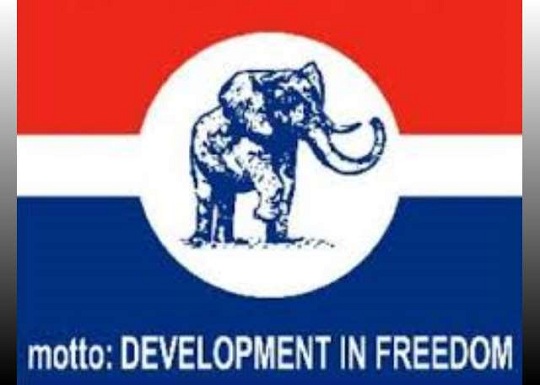The New Patriotic Party (NPP) has reaffirmed its decision to uphold the ban on proxy voting in the upcoming 2026 presidential primary.
The confirmation came after a closed-door meeting between the party’s Presidential Election Committee and all aspirants, where concerns and petitions regarding the rule were discussed extensively.
Addressing the media after the four-hour engagement in Accra yesterday, the Chairman of the NPP Presidential Election Committee, Joseph Osei Owusu, said the committee had reviewed all submissions but resolved that only delegates physically present at polling centres would be allowed to cast their ballots.
READ ALSO: NPP Presidential Election Committee hands over copies of provisional register to aspirants
Proxy voting
Proxy voting is an arrangement that allows a registered voter to authorise another person to vote on their behalf when they are unable to be physically present.
Mr Osei Owusu said after listening to petitions from various party members and reading formal submissions challenging the directive, the committee concluded that the earlier ban must remain.
“After listening to all kinds of petitions presented by sections of the party, we concluded that, for the sake of conducting an election that is incident-free, respected, accessible to all and very credible, the ban should be maintained.
We will still not have proxy voting in the 2026 presidential primaries,” he emphasised.
He added that the committee had agreed that all registered voters must be physically present to cast their vote on election day.
As part of efforts to enhance transparency, the committee also distributed soft copies of the provisional voters’ register to each aspirant.
Mr Osei Owusu described the meeting as very peaceful and successful, noting that handing over the register was a crucial step in ensuring trust in the electoral process.
He encouraged aspirants to scrutinise the register carefully and channel any corrections through the approved mechanisms before the document is sent to the constituencies for public exhibition.
The issue of proxy voting resurfaced after earlier guidelines for the presidential primaries indicated that the practice would not be allowed.
Some party members petitioned the committee to reconsider, arguing that the ban could disenfranchise delegates who might be on official assignments, unwell or otherwise unavailable on election day.
Graphic





